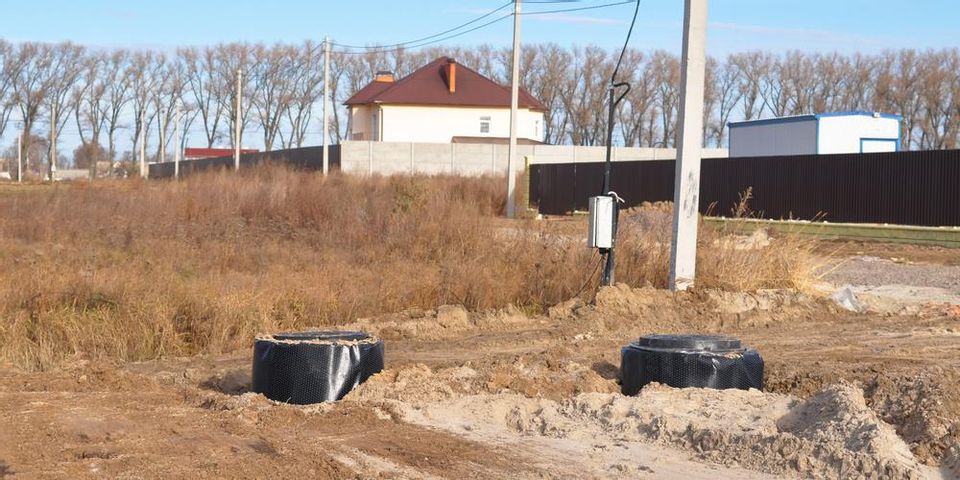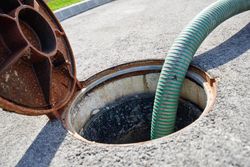3 Septic System Maintenance Tips to Prevent Sludge Buildup

Your septic system has one job: separating solid and liquid waste from oils and grease. The solid waste is generally referred to as sludge and settles at the bottom of the septic tank, while the liquid remains in the center. Without proper septic tank maintenance, the solid waste can build up to a level where it causes clogs and sends a sewage backup into your home. To ensure this doesn’t happen to you, Cox’s Septic Service of Corbin, KY, offers three tips for proper septic system maintenance.
3 Septic System Maintenance Tips for Sludge Prevention
1. Minimize Garbage Disposal Use
Your garbage disposal is the gatekeeper to your septic tank. The fewer solids that pass through that gate, the less debris that ends up in your tank and has to be broken down. A tank that has to process a lot of solid waste will need to be pumped more often, so rather than sending solid matter through the garbage disposal, consider composting it.
2. Keep Oils Out of the Drain
 Your sink’s drain isn’t designed to be a receptacle for grease and cooking oils. Yet, far too many homeowners don’t think twice about dumping these down their drain. Every time you do this, however, you are simply adding to the sludge levels in your tank. Rather than dumping cooking oils down the drain, set aside an old coffee can for grease collection.
Your sink’s drain isn’t designed to be a receptacle for grease and cooking oils. Yet, far too many homeowners don’t think twice about dumping these down their drain. Every time you do this, however, you are simply adding to the sludge levels in your tank. Rather than dumping cooking oils down the drain, set aside an old coffee can for grease collection.
3. Get Professional Pumping
Professional septic tank cleaning is a must for preventing sludge buildups and backups of sewage. Generally speaking, professional septic tank pumping should be scheduled every three to five years. This will depend on the size of your home, the amount of water your family uses, and the amount of waste they generate. Large families with greater waste disposal needs will require more regular servicing.
Looking for professional septic system maintenance advice? Call (606) 528-4782 or visit Cox’s Septic Service’s website for more information on the company’s upkeep plans.
About the Business
Have a question? Ask the experts!
Send your question

